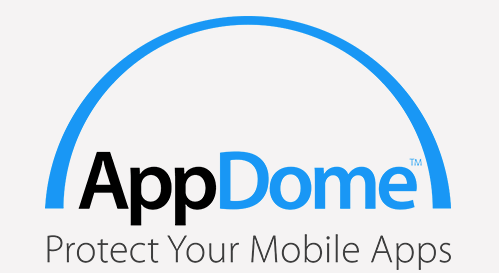Fintech News Issue #41 November 10th, 2015
Podcasts & Videos
[german only] Heute wieder ein Podcast zu einem der gewünschten Themen: Mobile Banking Apps. Als Gäste zwei Urgesteine des Mobile Bankings: Dauergast Maik Klotz und Sebastian Tiesler der lange bei Star Finanz die Apps für Sparkassen, StarMoney und andere Banken verantwortete
RegTech has become the new hot term in the FinTech industry as it aims to tackle the burdens of regulation and ease compliance for pennies on the dollar. But with different regulatory environments and processes, can regtech developers create reg tech that is trusted by both the industry and the regulators?
Top Stories
“Fintech” is one of this year’s most ubiquitous buzzwords; it has spawned any number of colorful infographics about the future of finance and banking. Some of these are merely a collection of logos, while others represent a more structured attempt to classify this new generation of players taking on financial services.
The primary advantage legacy banking organizations have is their breadth of customer relationships. Despite increased competition, banks and credit unions can still position themselves as the principal gatekeeper and facilitator of the overall financial service relationship.
Our banking and payments systems underpin virtually every other entrepreneurial activity. We all are out there trying to make, grow and spend money.
Top Events
New technologies have turned our daily habits upside down. How we connect with others. How we read the news. How we purchase goods. Frankfurt a.M., November 16-18.
FinTech Articles
The 2015 Fintech Finance 35: The Financiers Who Place the Bets
— by Jeffrey KutlerFor bankers, venture capitalists and other financing and facilitating the fintech explosion, it's not just a money game. Strategic vision and networking are just as critical.
The Disruption House is an advisory firm that includes SWIFT Innotribe friend Haydn Shaughnessy. The firm has produced a report as to why banks fail to grasp innovation. The report is the conclusion of a study of over 150 financial institutions, focusing on their commercial and wholesale arms, along with a few retail financial services companies and technology firms that now provide financial services.
I posted the below picture a few weeks ago on Twitter, annoyed that half my @FinTechMafia buddies were in Las Vegas for various banking conferences and the other were touching down in Singapore for similar purposes, while I was heading to the Dinosaur Park with my kids...
Forty-six percent of consumers have already used peer-to-peer (P2P) payments, according to our recent 2015 North America Consumer Payments Survey. As adoption and usage trends evolve in the coming years, what forces will influence more widespread consumer preference for P2P payments?
Does the future of digital identity lie in our own hands or the hands of others? Chris Skinner explores the potential of a digital me.
For those of you who remember Tom Selleck (of Magnum, P.I.) will remember the beautiful ads of the future that were done by AT&T in Tom Selleck’s voice. AT&T predicted (correctly), in the 1990s, what the near future would look like. Turns out, almost everything predicted in those ads is available today.
Bitcoin founder nominated for Nobel Prize in Economics
— by atm marketplaceBhagwan Chowdhry, a professor of finance from ULCA, recently nominated anonymous bitcoin founder Satoshi Nakamoto for the Nobel Prize in Economics, according to an article by Chowdhry in Huffington Post.
Imran Majid reflects on the history of a significant day in November, a metaphorical backdrop for what’s happening in banking and fintech in 2015.
Elixir is the new hot programming language on the block. The bastard child of Ruby and Erlang.










